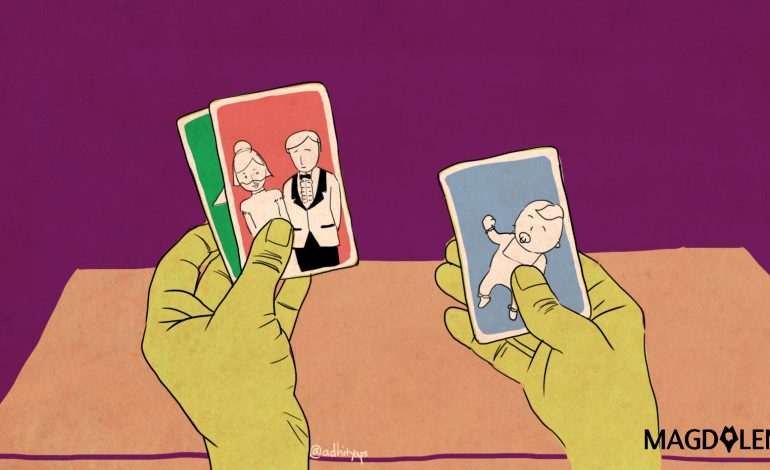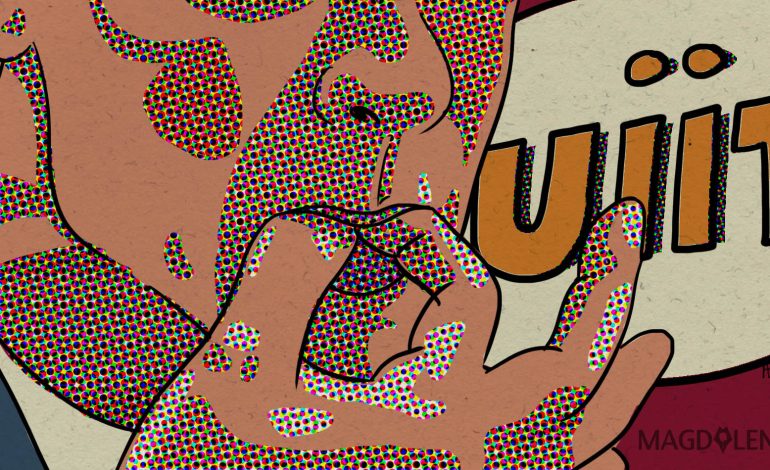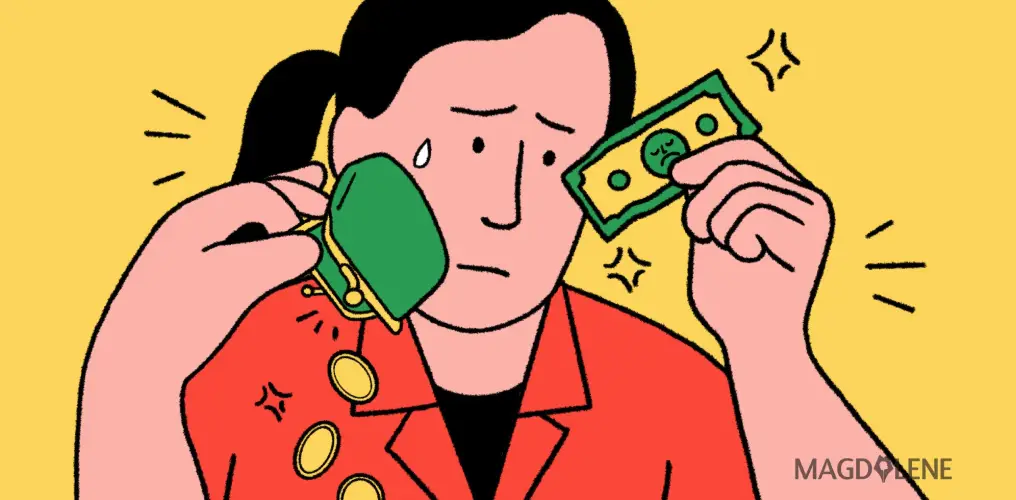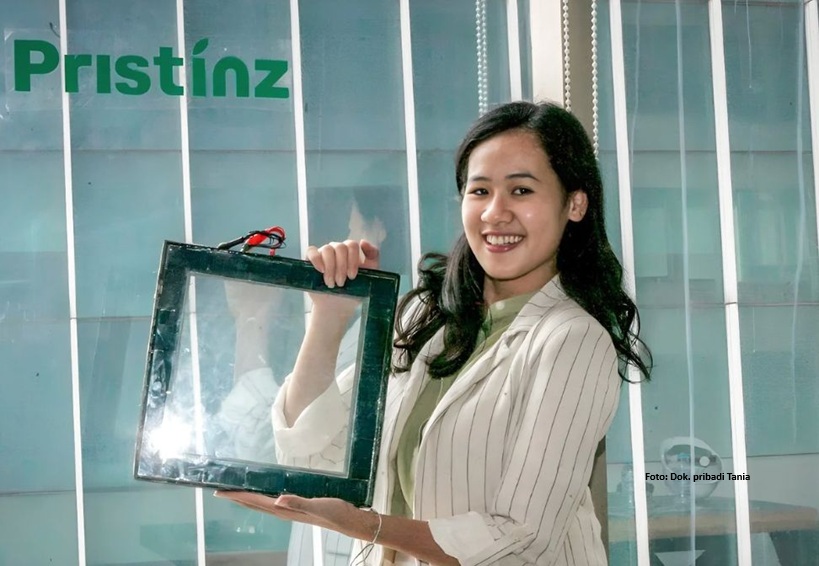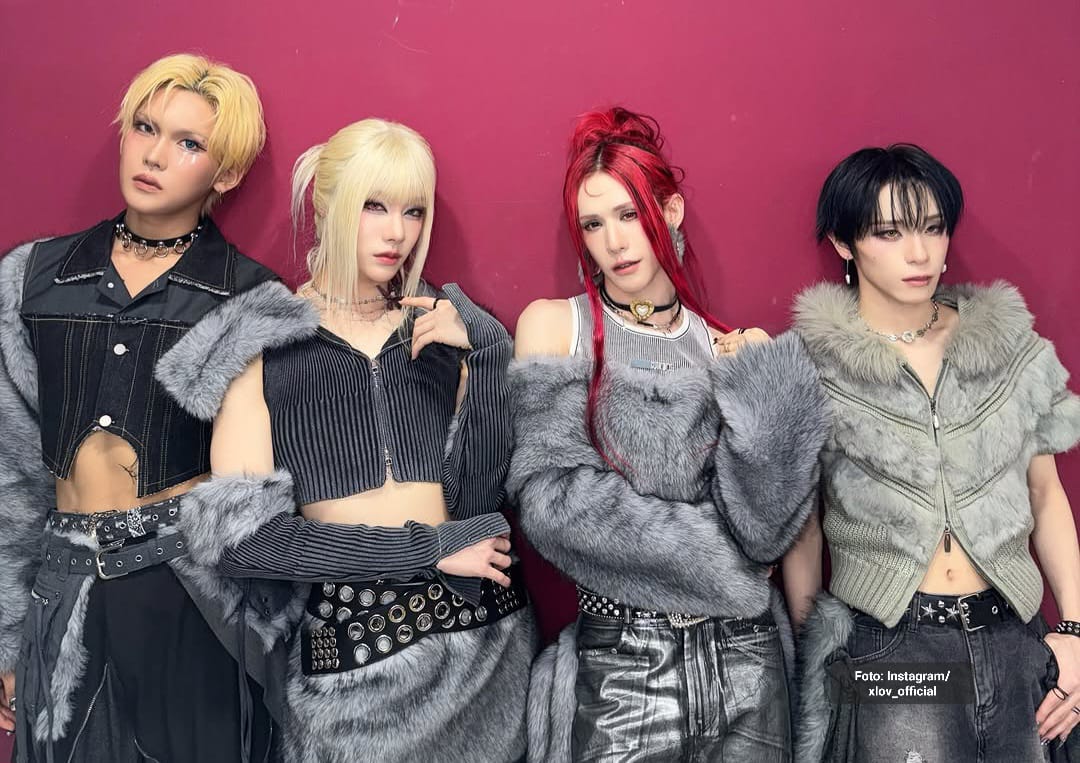The Curious Case of Unseen Japanese Feminists
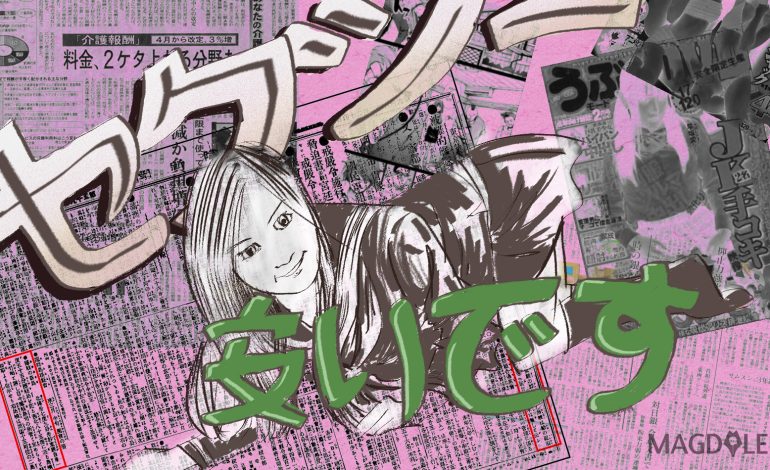
By the time I fell in love with anime in early 2000s, it was easy to see how anime kept pace with the American girl power.
The West might have Buffy, Gilmore Girls, and Xena, but Japan had beat them by many years with Major Motoko Kusanagi (Ghost in the Shell), police officers Tsujimoto and Kobayawaka (You’re Under Arrest), and kung-fu fighter Chun-Li (Street Fighter). Introduction to Japan classes in Western universities usually highlighted how normal it was to find a female protagonist in Japanese anime and action movies.
A decade later, however, the Japanese pop culture seemed to have failed to catch up. Famous Americans are debating feminism and denouncing racism and sexism in public, and TV series are giving more space for women, white and non-white alike. In the era of Supergirl, Jane the Virgin, and Fresh Off the Boat, it’s getting harder for me to enjoy Japanese drama. I have quit watching anime.
Japan was the first country to industrialize outside Europe and North America, and so its women were among the first to support feminism. Japanese women won the rights to attend political meetings in 1921. Internal conflicts and the rise of fascism stopped further progress, and voting rights arrived only after American-led reform in 1946. The Second Wave Feminism came in late 1960s.
The Second Wave seems to have left permanent scars in its participants. Sociologist Chizuko Ueno and writer Minori Kitahara remembered how feminism was scorned by the public in 1980s, even as the government ratified the UN Convention on the Elimination of All Forms of Discrimination against Women and passed the Equal Employment Opportunity Law. Several Second Wave feminists also remembered how sexist male activists were.
In mid-2000s I hung out with some socialist Japanese women. They were mostly middle aged and many have changed their nationality into Australian. Two issues were touched during my time with them – nuclear weapons and Japanese military’s sexual slavery in Second World War. The so-called “Comfort Women” issue should unite Japanese feminists with other feminists in Asia, but sadly it seems that Korean activists are fighting alone today as the issue is being largely forgotten. Meanwhile, the issue still strikes a nerve among Japanese, many of whom would rather not touch it.
Japanese pop culture actually represents image of assertive and strong Japanese women, from the girl gangs of 1970s to the sword masters of 2000s who inspired so many Western comics and films. Manga comics tell the stories of sexually independent women pursuing their dreams, and homosexuality is a common theme – even making it into TV adaptation. What worries me, though, is that while these works of fiction can be effective escape devices, they don’t really change public values.
Furthermore, feminist fandom has warned us of the perils of strong female characters – like Lara Croft in the past – who were created only for the pleasure of male audience. Many Japanese anime and TV series can easily pass the Bechdel Test, but they are still designed for male viewers wanting to see girls talking and acting cute and dirty.
The Second Wave feminists worried that the backlash against feminism intensified in this century. Like elsewhere, many Japanese men blame women for their problems in life and express misogynistic views online. Many men believe that women “have it easier” in romance, career, and social scene. Worse, while in Indonesia many young women and girls are slowly adopting feminist views and values in their political outlook, many Japanese students fear that feminism could get them into trouble.
What are the differences between Indonesian and Japanese societies? First, despite its cosmopolitanism (if we think of Tokyo), Japan is a very homogenous society and shuns the existence of its minorities, from Korean-Japanese to ethnic Japanese born in South America. Equally strange, Westerners in Japan seem to be less keen to write about local politics the way Westerners in Indonesia are.
Second, it seems Japan and other Confucian societies are more conformist than our Indonesian society, and the fear of being cast as an outsider seems to be more serious there. Of course many Japanese women are proud to shun marriage and motherhood, but don’t convert their personal struggle into activism.
Third, like in South Korea, Japanese are more comfortable to use anonymity online, while we are quite confident to use our name and pictures in social media. Many Indonesians are also happy to write in English and to make themselves heard worldwide, while the Japanese seem to stick to Japanese language. The majority of middle-class Japanese has poor English skill, compared to middle-class Indonesians.
It is ironic that we know more about feminism in repressive China. Chinese feminists talk to their contacts in Hong Kong and Beijing, Western journalists and academics tell their stories, and the world pays attention on China. We also hear about Korean feminists, albeit with some issues – they are too anonymous and they are homophobic, showing that they are still not ready to stand up and be counted for, and they are not updated with 21st century feminism.
But there must be several feminists in Japan. For the last two years, I am astonished by how many Indonesian feminists are out there. I am glad that there are plenty of Southeast Asian feminists, and every day I see Asian-American and Asian-Australian feminists (including from Japanese background) fight with trolls and creeps. But the sad fact is Japanese feminism falls behind, even in Asia. The Asian Feminist lists several groups in Afghanistan, Bhutan, Iran, and Tibet, but nothing on Japan (as well as Singapore, Thailand, and Israel).
So what might launch the Third Wave of feminism in Japan? The presidency of Hillary Clinton? A non-feminist figure like Governor of Tokyo Yuriko Koike? Japanese-American feminists? A group of daring celebrities? A group of students after the Tokyo Olympics? Whatever it is, I wish it would come sooner.
Read Mario’s take on the blurring of women’s bodies on TV and follow @mariorustan on Twitter.

